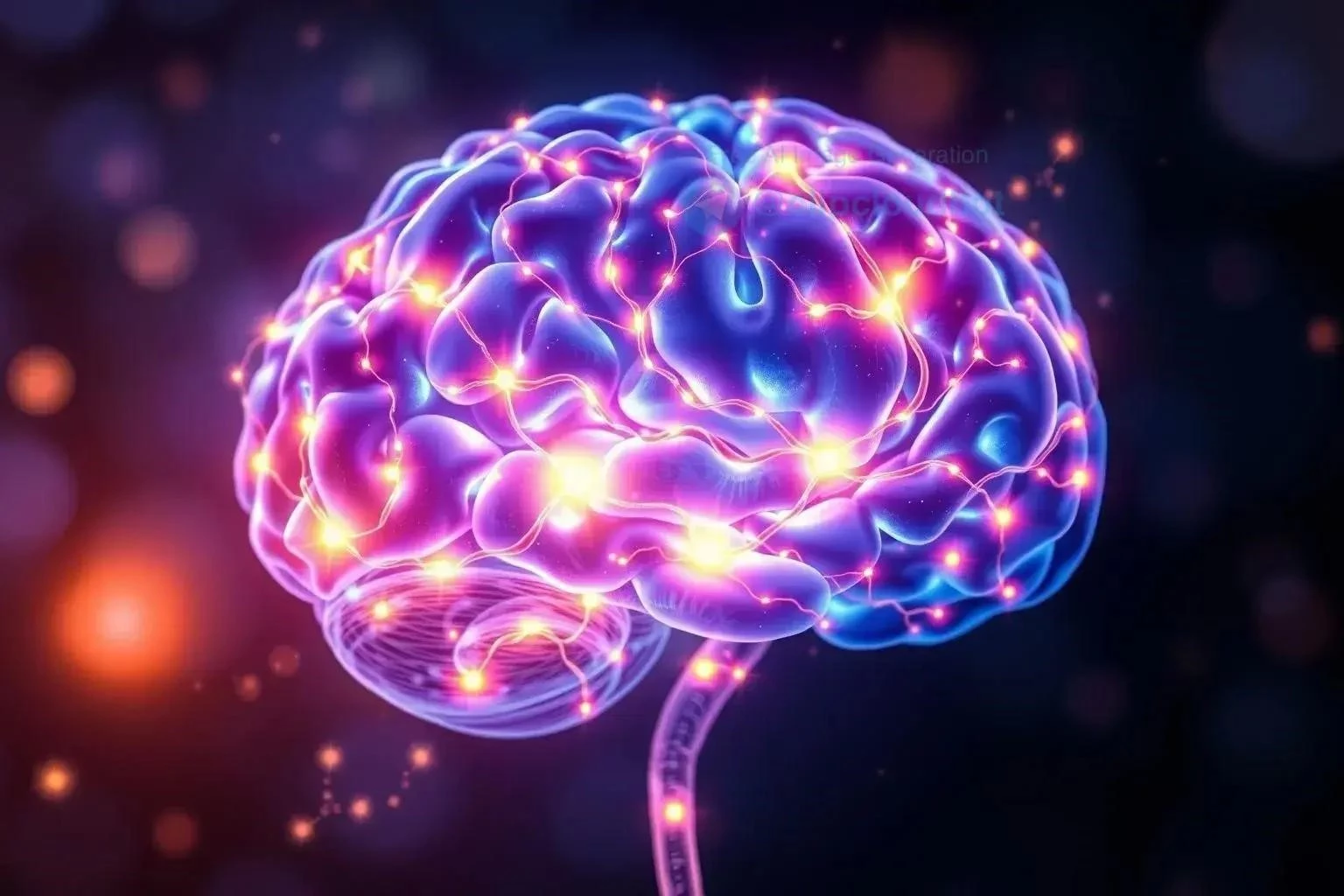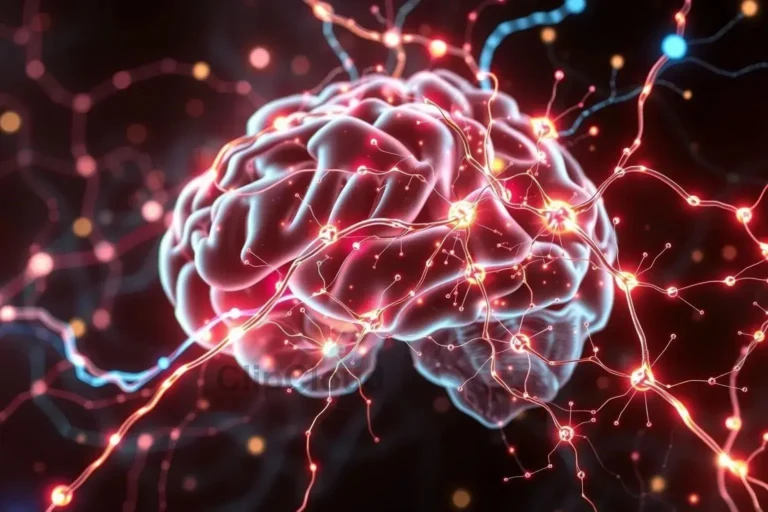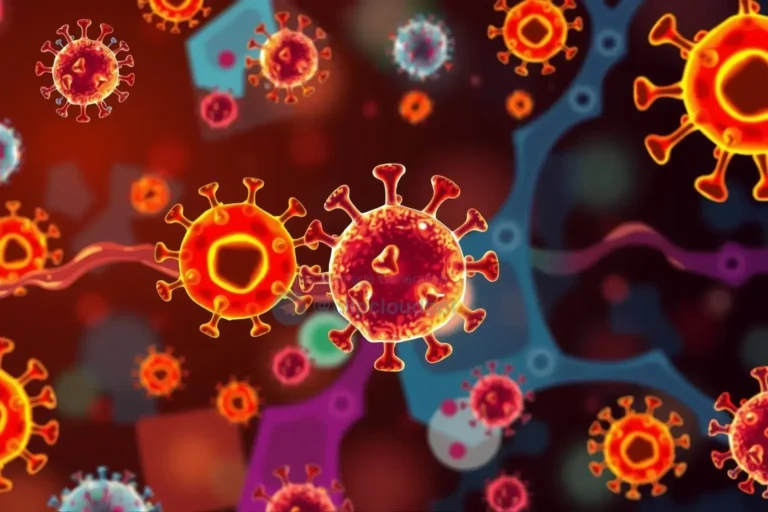The Neurological Basis of Gratitude and Its Impact on Well-being
The Neurological Basis of Gratitude
Gratitude activates brain regions associated with reward, like the prefrontal cortex and anterior cingulate cortex․ These areas release dopamine and serotonin, neurochemicals linked to pleasure and well-being, reinforcing grateful thinking․
The Impact of Gratitude on Mental Well-being
Gratitude has a profound impact on mental well-being, acting as a potent antidote to negative emotions and fostering a more positive outlook on life․ Studies have shown that practicing gratitude can significantly reduce symptoms of depression and anxiety․ By focusing on the good aspects of our lives, we shift our attention away from negative thought patterns and cultivate a sense of contentment and resilience․
This positive shift in perspective also enhances self-esteem․ When we acknowledge and appreciate the positive contributions of others in our lives, we simultaneously recognize our own value and worthiness․ This fosters a sense of self-acceptance and reduces feelings of inadequacy․ Furthermore, gratitude strengthens our social connections․ Expressing appreciation to others strengthens bonds and builds a sense of belonging, contributing to a supportive social network and reducing feelings of loneliness and isolation;
Beyond these direct benefits, gratitude also improves sleep quality․ By reducing rumination on negative thoughts and promoting feelings of peace and contentment, gratitude facilitates a more restful sleep, allowing for better physical and mental restoration․ This improved sleep further contributes to enhanced emotional regulation and overall psychological well-being․ Cultivating gratitude is a simple yet powerful tool for nurturing mental wellness and creating a more fulfilling and joyful life experience․
Gratitude’s Effects on Physical Health
While often associated with mental well-being, gratitude also exerts a surprising influence on physical health․ Studies have linked gratitude practices to improved cardiovascular health, including lower blood pressure and reduced inflammation markers․ This positive impact likely stems from the stress-reducing effects of gratitude, as chronic stress is a known contributor to cardiovascular problems․ Furthermore, grateful individuals tend to engage in healthier behaviors, such as regular exercise and better dietary choices, further contributing to their physical well-being․
Gratitude also plays a role in boosting the immune system․ By reducing stress hormones like cortisol, gratitude strengthens the body’s natural defenses against illness․ This enhanced immune function can lead to a decreased susceptibility to infections and faster recovery times․ Moreover, grateful individuals often report improved sleep quality․ Sound sleep is essential for physical restoration and repair, contributing to overall health and vitality․ By calming the mind and reducing anxiety, gratitude promotes more restful sleep patterns․
In addition to these benefits, gratitude can also reduce chronic pain․ By shifting focus away from pain sensations and towards positive experiences, individuals can experience a decrease in pain perception and an improved ability to cope with discomfort․ This effect highlights the interconnectedness of mind and body and the powerful influence of positive emotions on physical health․ Cultivating gratitude offers a holistic approach to well-being, benefiting both mental and physical health․
Practical Techniques for Cultivating Gratitude
Cultivating gratitude doesn’t require grand gestures; small, consistent practices can yield significant results․ One effective technique is keeping a gratitude journal․ Regularly jotting down things you’re thankful for, whether big or small, helps shift your focus towards the positive aspects of your life․ Another approach is the “three good things” exercise, where you reflect on three positive events that happened each day and identify the contributing factors․
Expressing gratitude directly to others is also powerful․ Writing thank you notes, verbally expressing appreciation, or simply offering a heartfelt smile can strengthen relationships and boost your own sense of gratitude․ Practicing mindfulness can also foster appreciation․ Taking time to savor everyday experiences, noticing the beauty in ordinary moments, and engaging your senses fully can cultivate a deeper sense of gratitude for the present moment․
Creating a gratitude jar is another engaging technique․ Throughout the year, write down things you’re grateful for on small pieces of paper and place them in the jar․ At the end of the year, reviewing the contents provides a tangible reminder of all the good things in your life․ These simple practices, consistently applied, can rewire your brain towards positivity and enhance your overall well-being․ Embrace gratitude as a daily habit and experience its transformative power․






